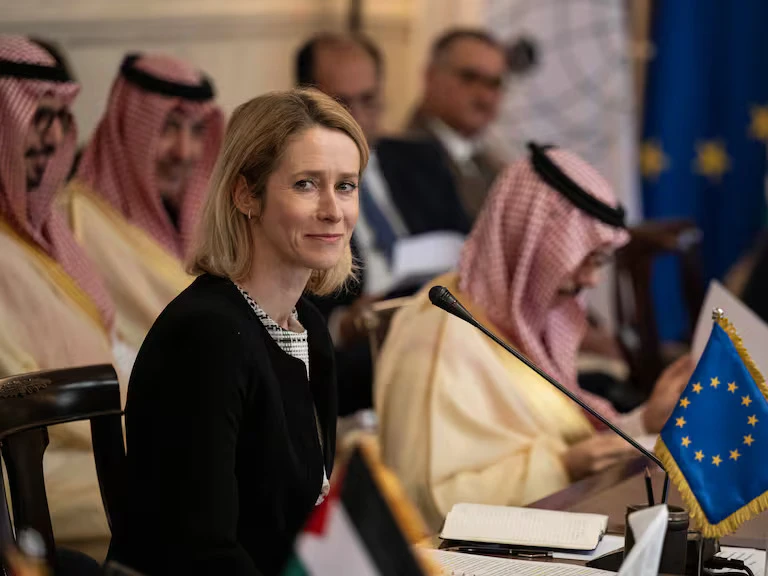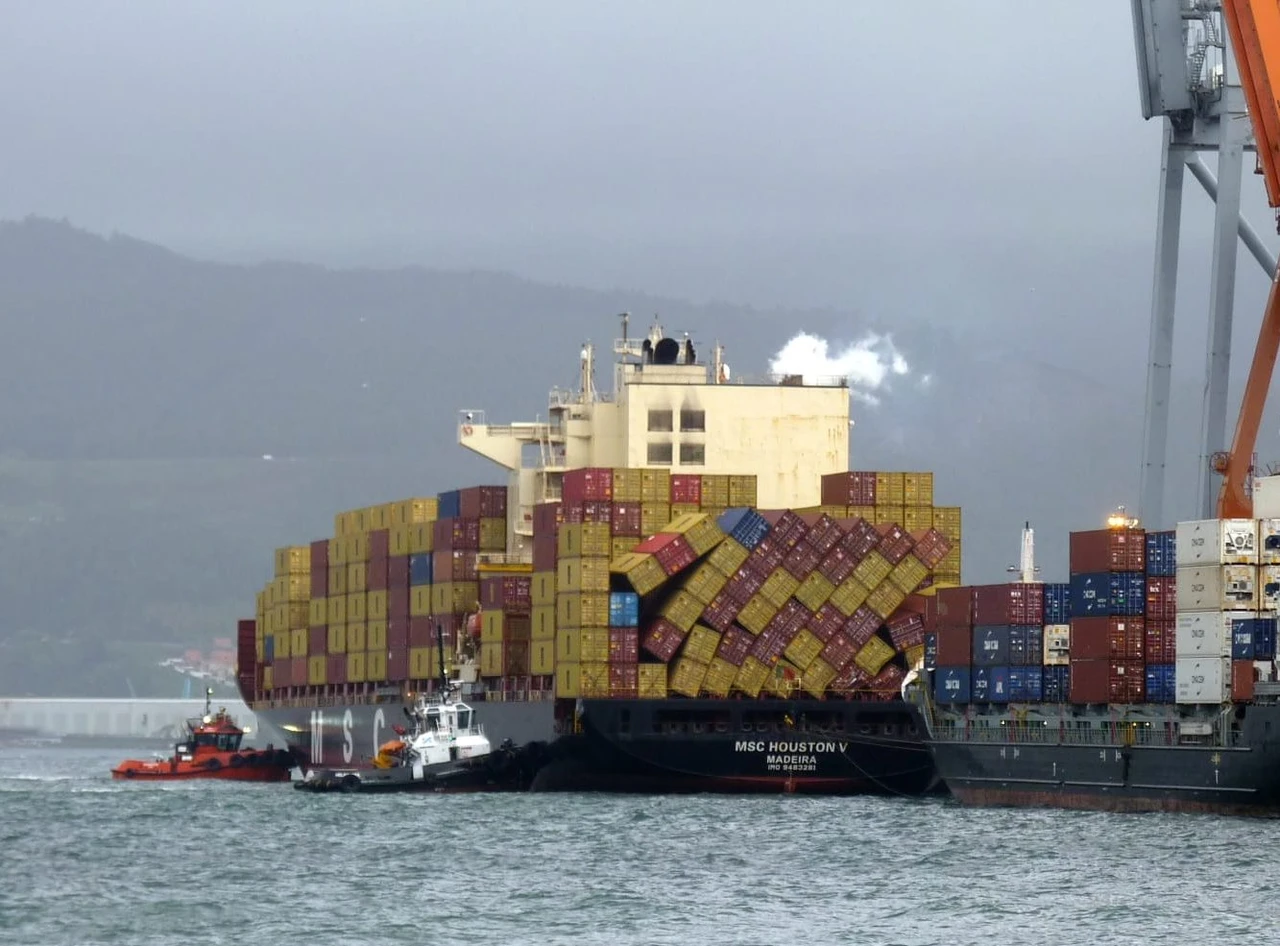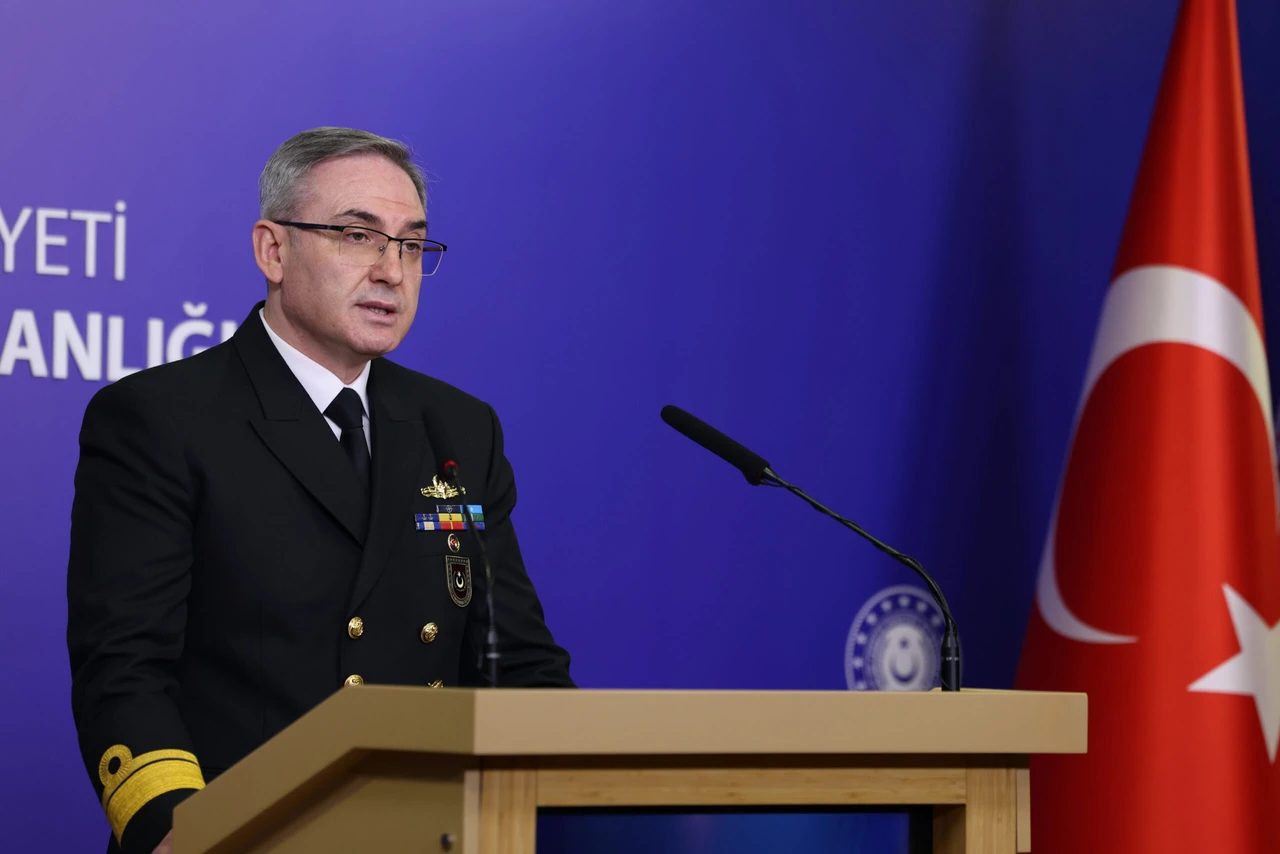Analysis: Europe’s moment to reassert itself as a global actor runs through Gaza
 EU High Representative Kaja Kallas of Estonia in Cairo. Mohamed Hosam/ EFE
EU High Representative Kaja Kallas of Estonia in Cairo. Mohamed Hosam/ EFE
On Monday, EU foreign affairs chief Kaja Kallas arrived in Jerusalem for high-level discussions with both Israeli and Palestinian officials. During a stop at Cairo, the EU’s top diplomat, Kallas, met with Egyptian Foreign Minister Sameh Shoukry and representatives from the Arab Islamic Committee, including officials from Jordan, Qatar, the United Arab Emirates, and Saudi Arabia.
Her primary agenda was discussing the ongoing conflict in Gaza, calling for an end to hostilities, and addressing the question of governance in the post-war period. Standing beside Kallas, Egyptian Foreign Minister Shoukry took a firm stance, declaring that “no Palestinian faction” should govern Gaza alone.
Efforts have been intensified in recent months for Europe to regain its confidence and re-emerge as a unified global actor. While military and economic measures have been taken on other fronts, diplomacy remains a crucial area where Europe can assert its influence.
With the ongoing crisis in Gaza, the EU has a moment of opportunity to step up as a key player and differentiate itself from Trump’s U.S. just by taking a more defined geopolitical stance, as in Ukraine.
Establishing an independent strategy on Gaza may allow Brussels to enhance influence and credibility, rather than moving with the traditional role as a financial and humanitarian supporter.
Speaking to Türkiye Today, Ana Miranda Paz, a European Parliament member, warned that the European Union’s current diplomatic weakness risks marginalizing its influence.
“The position of Europe is very weak. This is a crucial and difficult moment in history. The world is changing rapidly—what happens in two months now is equivalent to what used to take ten years. We are in an unstable situation, and Europe’s response will define its role on the global stage.”

Kaja Kallas’ diplomatic tour
The devastating death toll wasn’t the focus of Kallas’ visit to Israel. At one point, Netanyahu’s opponent, Sa’ar, called for more support for the government and used the rhetoric of the ‘free world.’
Kaja Kallas essentially reiterated the call of ‘Europe is ready to cooperate,’ as EU Commissioner for the Mediterranean, Dubravka Suica, commented on the Arab Gaza plan two weeks ago throughout her visit.
EU’s strategic opportunity
The Gaza conflict presents a unique opportunity for Europe to distinguish itself from the United States, particularly from the approach taken under the Trump administration. By leading diplomatic efforts and working closely with Arab nations, the EU could establish itself as a defender of human rights and a force for stability in the Middle East. This would not only enhance its global influence but also reinforce its image as a united and decisive actor in international politics amid its harsh critiques.
One of the key steps the EU has taken in this regard is its commitment to humanitarian aid and reconstruction efforts for a long while. However, these moves can now be systematized and transformed into a greater strategy.
Following a meeting with Palestinian Prime Minister Mohammad Shtayyeh, Kallas announced a new €120 million aid package for Gaza, emphasizing the EU’s readiness to assist with recovery and stability. Yet another point that signals a difference is that the ongoing discussions about redeploying the EU’s monitoring mission to the Rafah border crossing are a move aimed at ensuring security and facilitating humanitarian access.

Can EU deliver?
Despite its ambitions, Europe faces several obstacles in asserting its leadership on the Gaza issue. First, its influence over Israeli policy remains limited, as the EU lacks the leverage that the United States holds in its relationship with Israel. Second, internal divisions among EU member states could hinder a unified and decisive response. Some countries may be reluctant to take a strong stance on Gaza because of their economic and strategic ties with Israel or concerns about broader regional instability.
However, if Europe can put forward a leading framework from its own perspective in collaboration with Arab nations, it may also discover alternative leverage opportunities by drawing Trump’s allies to its side against him. Some Arab and regional states had already signaled their willingness to diverge from the U.S. when Trump presented his controversial ‘resorts’ plan. All Europe needs to do is launch a clear and decisive diplomatic initiative on that point.
At a time when it is stepping up efforts to restore its self-confidence, this move is not merely an act of diplomatic symbolism. It also underscores the fact that the migration issue Europe must contend with is rooted in the cyclical wars in the Middle East, which stem from the United States’ lack of resolve.
MEP Miranda Paz claims that the Palestinian issue is not just about resources or political maneuvering—it is a matter of global stability and human rights. “The Palestinian issue has always been at the core of every major conflict in the Middle East. It was a factor in the Lebanon War, and it is now central to the current crisis. To achieve lasting peace in the region, the Palestinian question must be resolved in the 21st century,” she argued.
Though this may seem ironic, such a move would be unlikely to jeopardize Israel-EU relations. In fact, in the long run, it could have several positive effects. There is ample evidence suggesting that even the Israeli opposition would welcome the EU’s involvement with the values it has long claimed to champion, without exception.
Beyond its potential to restore its severely shaken soft power, particularly in the Middle East, it may assume the mission of being the sole hope for a rules-based international order, as France’s Macron attempted many times before. To achieve this, the EU may not even need to address issues such as police violence against ceasefire protests in member states; merely announcing a diplomatic plan that grants Gazans self-governance could suffice.
The Galician politician Paz stated, “Europe was with Ukraine, but not with the Palestinians. Europe gave huge amounts of money to Ukraine, but not to Palestine. Now is a moment of real reckoning for Europe.”

The EU’s involvement in Gaza is more than just a humanitarian effort; it is a test of its ability to act as a geopolitical force in the area of diplomacy. If successful, the EU could emerge from this crisis not only as a major player but also as a reinvigorated global power with a clear and distinct voice in international diplomacy.



